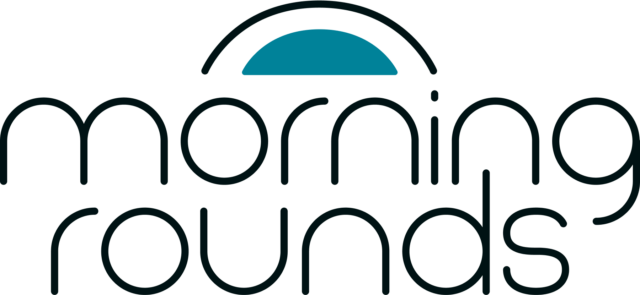
Top of the morning to you, and a fine one it is, despite the dreary gray skies hovering over the Pharmalot campus. We are doing our best to maintain sunny spirits, though, because once again, we recall some helpful wisdom from the Morning Mayor, who taught us that “every new day should be unwrapped like a precious gift.” To celebrate the notion, we are brewing still more cups of stimulation and inviting you to join us. Our choice today is tiramisu, for those tracking our habits. Feel free to reach for your own cup while you peruse the items of interest assembled below. After all, the neurons can use all the help they can get. On that note, have a lovely day and do keep in touch. We appreciate any and all thoughts and suggestions. …
After two years of haggling, Congress has nearly reached a deal to rein in pharmacy benefit managers, STAT reports. Lawmakers agreed to extend telehealth flexibilities, fund public health programs, and enact these major changes as part of a government funding package they are planning to pass before the end of the year. The language of the government funding package has not been publicly released, and could still change. The policies in the package would put guardrails around how PBMs can operate. Measures expected to be included would prohibit PBMs from linking their payments to drug prices in Medicare, increase transparency, and regulate how PBMs get paid for drugs by Medicaid programs. Separately, shares in the insurers that own the largest pharmacy benefit managers dropped on Monday after President-elect Trump told a news conference that “the horrible middleman that makes more money, frankly, than the drug companies, and they don’t do anything except they’re a middleman … We’re going to knock out the middleman,” according to Reuters. “We’re going to get drug costs down at levels that nobody has ever seen before.”
Sanofi has filed a lawsuit accusing the Biden administration of unlawfully preventing the company from changing payment terms to some hospitals that participate in a federal drug discount program, the fourth time a pharmaceutical company has gone to court in recent weeks over such a dispute, STAT writes. The move came after the U.S. Health Resources and Services Administration last week threatened to issue sanctions against Sanofi if it proceeded with plans to issue credits to hospitals covered by the 340B Drug Discount Program for medicines ordered at full price from a wholesaler. The company informed hospitals and clinics its new payment procedure would begin on Jan. 6. In its lawsuit, Sanofi wrote that the HRSA “has become an advocate for (hospitals) by acquiescing to their demands to sanction manufacturers for imposing limits on the delivery of … drugs to contract pharmacies and now to quash manufacturer attempts to limit waste and abuse … through credit and rebate models. All the while, HRSA has turned a blind eye to … systemic violations (of the program’s) prohibition on diversion.”

This article is exclusive to STAT+ subscribers
Unlock this article — plus in-depth analysis, newsletters, premium events, and news alerts.
Already have an account? Log in





